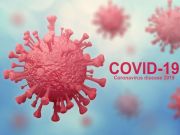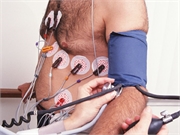
A new case study adds to growing evidence that the new coronavirus can be transmitted from a pregnant woman to her fetus. “It’s very important to bring to the forefront this finding that mothers and infants can be affected by COVID-19, transmission can occur during pregnancy, and pregnant mothers need to protect themselves,” said Dr.… read on >


















